Discover the Women of the Hall
These are the Inductees of the National Women’s Hall of Fame. Select any of the women to discover their stories and learn how they have influenced other women and this country.
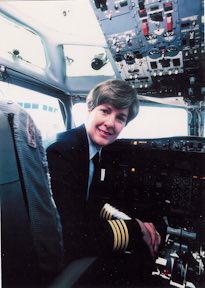
Emily Howell Warner
In 1973, Emily Warner became the first American female commercial airline pilot when Frontier Airlines broke the barrier against hiring women pilots. She later became the nation’s first woman airline captain, also at Frontier Airlines.
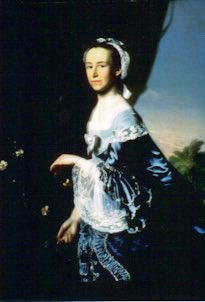
Mercy Otis Warren
Poet, dramatist, satirist and historian Mercy Otis Warren was widely known for using her pen to share her strong political views. She advocated for national independence and opposition to royal tyranny through works such as The Adulateur and The Group.

Alice Waters
A chef, author and food activist, and the founder and owner of Chez Panisse Restaurant in Berkeley, California. She has been a champion of local sustainable agriculture for over four decades, and is credited with popularizing the organic food movement.
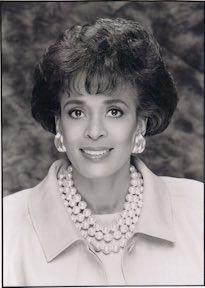
Faye Wattleton
Nurse who was the first woman since founder Margaret Sanger, and first African American to become president of the Planned Parenthood Foundation. Wattleton developed Planned Parenthood into an influential nationwide organization.
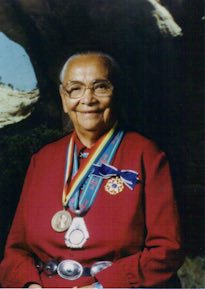
Annie Dodge Wauneka
First woman elected to the Tribal Council, she became determined to lead the fight against tuberculosis among the Navajo. She wrote a dictionary to translate English words for modern medical techniques into Navajo, and hosted a radio broadcast in the Navajo language to explain how modern medicine could help in better care for pregnant women and new babies and other family health problems.
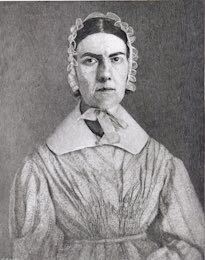
Angelina Grimké Weld
Along with Sarah Grimké, wrote numerous published papers which championed abolition and women’s rights. The Grimké sisters were southerners who became the first female speakers for the American Anti-Slavery Society. Sarah’s Letters on the Equality of the Sexes exposed the plight of factory women in New England, as well as arguing on behalf of women’s rights and abolition. Through their examples and their words, the Grimkés proved that women could affect the course of political events and have a far-reaching influence on society.

Emily Howell Warner
In 1973, Emily Warner became the first American female commercial airline pilot when Frontier Airlines broke the barrier against hiring women pilots. She later became the nation’s first woman airline captain, also at Frontier Airlines.

Mercy Otis Warren
Poet, dramatist, satirist and historian Mercy Otis Warren was widely known for using her pen to share her strong political views. She advocated for national independence and opposition to royal tyranny through works such as The Adulateur and The Group.

Alice Waters
A chef, author and food activist, and the founder and owner of Chez Panisse Restaurant in Berkeley, California. She has been a champion of local sustainable agriculture for over four decades, and is credited with popularizing the organic food movement.

Faye Wattleton
Nurse who was the first woman since founder Margaret Sanger, and first African American to become president of the Planned Parenthood Foundation. Wattleton developed Planned Parenthood into an influential nationwide organization.

Annie Dodge Wauneka
First woman elected to the Tribal Council, she became determined to lead the fight against tuberculosis among the Navajo. She wrote a dictionary to translate English words for modern medical techniques into Navajo, and hosted a radio broadcast in the Navajo language to explain how modern medicine could help in better care for pregnant women and new babies and other family health problems.

Angelina Grimké Weld
Along with Sarah Grimké, wrote numerous published papers which championed abolition and women’s rights. The Grimké sisters were southerners who became the first female speakers for the American Anti-Slavery Society. Sarah’s Letters on the Equality of the Sexes exposed the plight of factory women in New England, as well as arguing on behalf of women’s rights and abolition. Through their examples and their words, the Grimkés proved that women could affect the course of political events and have a far-reaching influence on society.
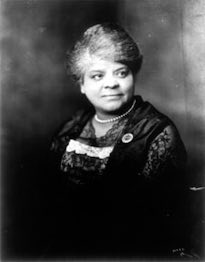
Ida B. Wells-Barnett
African American leader, anti-lynching crusader, journalist, lecturer and community organizer who fought social injustice all her life. Wells-Barnett sued a railroad over segregated seating, criticized segregated education and became editor and part owner of a newspaper. The horrors of lynching inspired her to lead a major effort to abolish the atrocity.

Eudora Welty
One of the most significant writers of the 20th century, Eudora Welty won many notable literary prizes, including the Pulitzer Prize for her novel The Optimist’s Daughter. Her work is marked by what critic Jonathan Yardley called an “abiding tolerance…a refusal to pass judgment on the actors in the human comedy,” and it transcends generations and national boundaries. In 1998, the Library of America recognized her literary accomplishments by honoring her as the first living author published in the prestigious Library of America series.
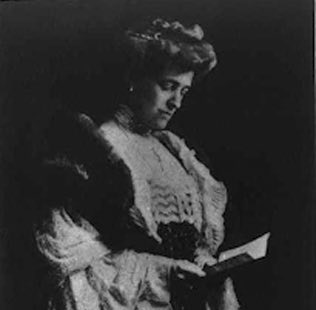
Edith Wharton
American novelist and short story writer of the 20th century. The first woman to receive the Pulitzer Prize for fiction (for The Age of Innocence, 1929), Wharton was a prolific writer who averaged more than a book a year after the age of 40 until her death.
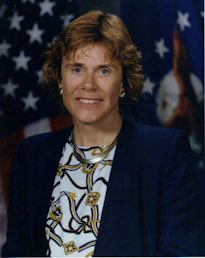
Sheila E. Widnall
Appointed Secretary of the Air Force in 1993 by President Clinton, Widnall became the first woman to hold the position. A world-renowned scientist, she holds three patents in airflow technology. As a current member of MIT faculty, she is internationally known for her work in fluid dynamics, specifically in the areas of aircraft turbulence and the spiraling air flows called vortices created by helicopters.
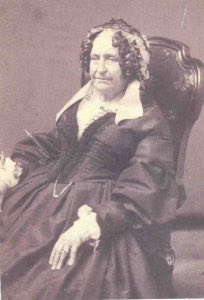
Emma Hart Willard
During her lifetime, Emma Hart Willard blazed an extraordinary trail on behalf of women’s education. A teacher by trade, Willard opened a girls’ school in her home in 1814 and was struck by the contrast between the education she could offer her women students and the education provided to men at nearby Middlebury College. She crafted A Plan for Improving Female Education, a document in which she advocated equal education for women at the academy level. In 1819, at the encouragement of Governor DeWitt Clinton, Willard opened a school in Waterford, New York which closed shortly afterward due to a lack of funding. Two years later, she founded Troy Female Seminary in Troy, New York (1821), the first school of higher learning for women. The seminary was renamed the Emma Willard School in her honor in 1895.
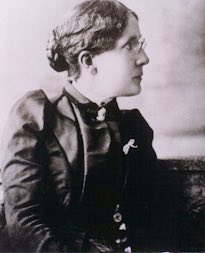
Frances E. Willard
As second president of the Women’s Christian Temperance Union (WCTU), she led the largest organization of women in the United States. The WCTU provided a base for the 20th century women’s rights movement, supporting, in addition to women’s suffrage, broad social reforms such as equal pay for equal work, the eight hour day, and the protection of women and children in the workplace.

Ida B. Wells-Barnett
African American leader, anti-lynching crusader, journalist, lecturer and community organizer who fought social injustice all her life. Wells-Barnett sued a railroad over segregated seating, criticized segregated education and became editor and part owner of a newspaper. The horrors of lynching inspired her to lead a major effort to abolish the atrocity.

Eudora Welty
One of the most significant writers of the 20th century, Eudora Welty won many notable literary prizes, including the Pulitzer Prize for her novel The Optimist’s Daughter. Her work is marked by what critic Jonathan Yardley called an “abiding tolerance…a refusal to pass judgment on the actors in the human comedy,” and it transcends generations and national boundaries. In 1998, the Library of America recognized her literary accomplishments by honoring her as the first living author published in the prestigious Library of America series.

Edith Wharton
American novelist and short story writer of the 20th century. The first woman to receive the Pulitzer Prize for fiction (for The Age of Innocence, 1929), Wharton was a prolific writer who averaged more than a book a year after the age of 40 until her death.

Sheila E. Widnall
Appointed Secretary of the Air Force in 1993 by President Clinton, Widnall became the first woman to hold the position. A world-renowned scientist, she holds three patents in airflow technology. As a current member of MIT faculty, she is internationally known for her work in fluid dynamics, specifically in the areas of aircraft turbulence and the spiraling air flows called vortices created by helicopters.

Emma Hart Willard
During her lifetime, Emma Hart Willard blazed an extraordinary trail on behalf of women’s education. A teacher by trade, Willard opened a girls’ school in her home in 1814 and was struck by the contrast between the education she could offer her women students and the education provided to men at nearby Middlebury College. She crafted A Plan for Improving Female Education, a document in which she advocated equal education for women at the academy level. In 1819, at the encouragement of Governor DeWitt Clinton, Willard opened a school in Waterford, New York which closed shortly afterward due to a lack of funding. Two years later, she founded Troy Female Seminary in Troy, New York (1821), the first school of higher learning for women. The seminary was renamed the Emma Willard School in her honor in 1895.

Frances E. Willard
As second president of the Women’s Christian Temperance Union (WCTU), she led the largest organization of women in the United States. The WCTU provided a base for the 20th century women’s rights movement, supporting, in addition to women’s suffrage, broad social reforms such as equal pay for equal work, the eight hour day, and the protection of women and children in the workplace.
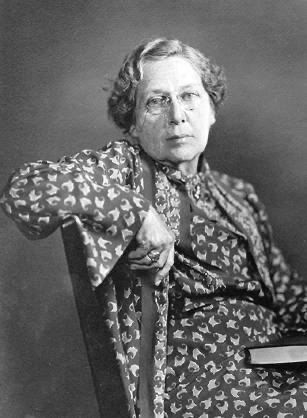
Anna Wessels Williams
Dr. Anna Wessels Williams was a pioneer in the field of immunology. She earned her medical degree from the Women’s Medical College in New York before joining the nation’s first municipal diagnostic laboratory at the New York City Department of Health.
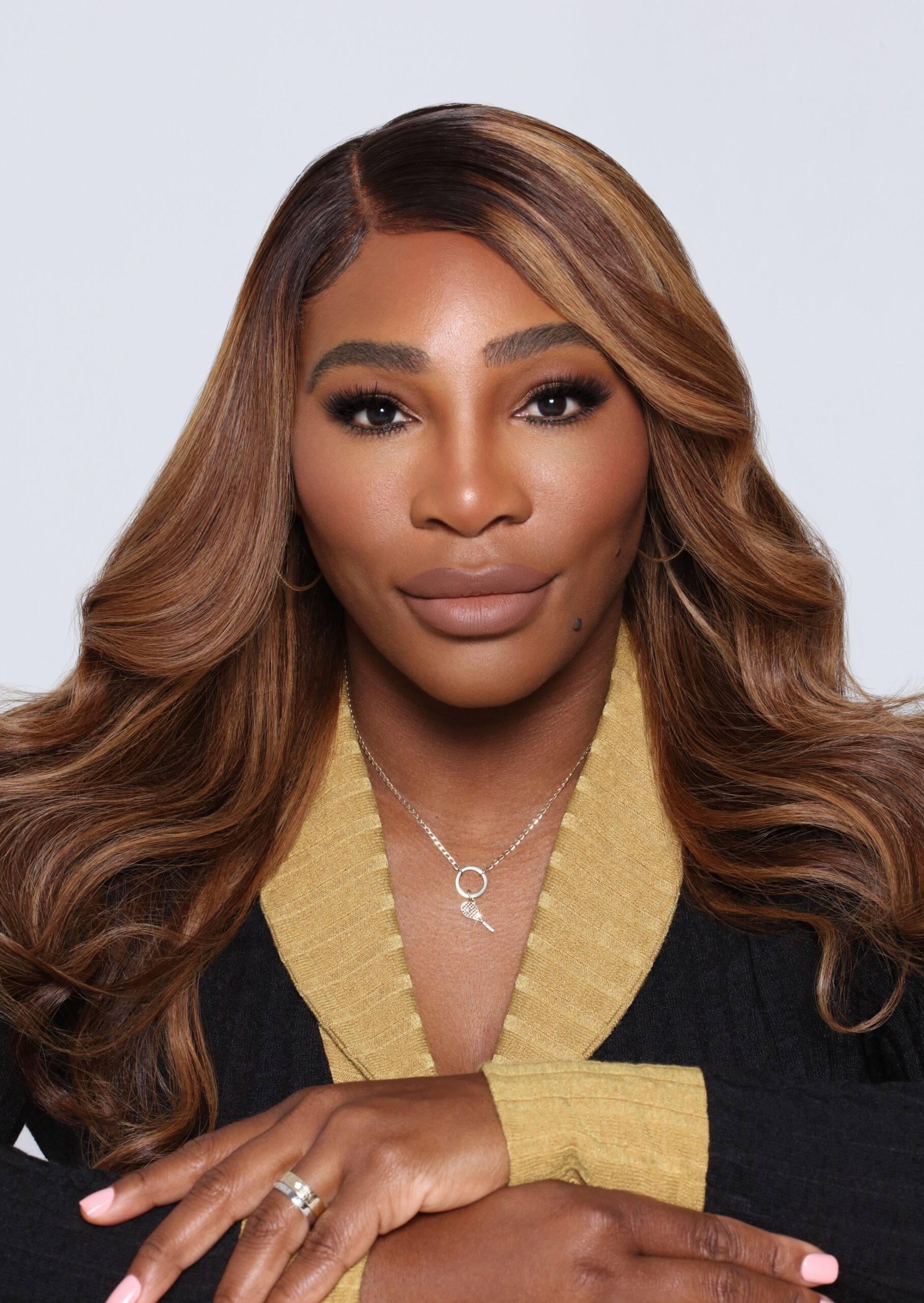
Serena Williams
Serena Williams is a highly regarded tennis champion, entrepreneur, investor, fashion designer, and executive producer. Considered among the greatest tennis players of all time, she was ranked world No. 1 in singles by the Women’s Tennis Association (WTA) for 319 weeks, including a joint-record 186 consecutive weeks, and finished as the year-end No. 1 five times.

Oprah Winfrey
The first Black woman to own her own television production company and who became television’s highest-paid entertainer. She is an advocate for ending child abuse, and she contributes generously to colleges and universities.
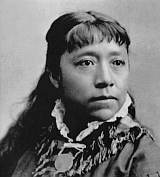
Sarah Winnemucca
Paiute leader who dedicated her life to returning land stolen by the government back to the tribes, especially the land of her own Paiute Tribe.
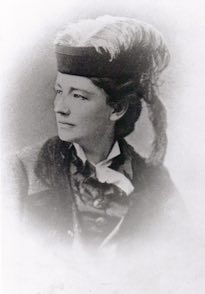
Victoria Woodhull
A 19th century reformer, Victoria Woodhull established a reputation as a radical freethinking reformer. She was a suffragist, author, political activist, and the first woman to run for President of the United States (1872).
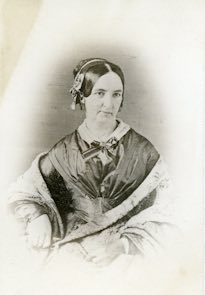
Martha Coffin Pelham Wright
Martha Coffin Pelham Wright was one of five visionary women who organized the first women’s rights convention in Seneca Falls, New York in 1848, forever changing the course of American history. She was also one of the few women who attended the 1833 founding meeting of the American Anti-Slavery Society. An accomplished author, she wrote for local and national publications on anti-slavery and women’s rights issues. She was elected President of the National Woman Suffrage Association in 1874, serving until her death in 1875.

Anna Wessels Williams
Dr. Anna Wessels Williams was a pioneer in the field of immunology. She earned her medical degree from the Women’s Medical College in New York before joining the nation’s first municipal diagnostic laboratory at the New York City Department of Health.

Serena Williams
Serena Williams is a highly regarded tennis champion, entrepreneur, investor, fashion designer, and executive producer. Considered among the greatest tennis players of all time, she was ranked world No. 1 in singles by the Women’s Tennis Association (WTA) for 319 weeks, including a joint-record 186 consecutive weeks, and finished as the year-end No. 1 five times.

Oprah Winfrey
The first Black woman to own her own television production company and who became television’s highest-paid entertainer. She is an advocate for ending child abuse, and she contributes generously to colleges and universities.

Sarah Winnemucca
Paiute leader who dedicated her life to returning land stolen by the government back to the tribes, especially the land of her own Paiute Tribe.

Victoria Woodhull
A 19th century reformer, Victoria Woodhull established a reputation as a radical freethinking reformer. She was a suffragist, author, political activist, and the first woman to run for President of the United States (1872).

Martha Coffin Pelham Wright
Martha Coffin Pelham Wright was one of five visionary women who organized the first women’s rights convention in Seneca Falls, New York in 1848, forever changing the course of American history. She was also one of the few women who attended the 1833 founding meeting of the American Anti-Slavery Society. An accomplished author, she wrote for local and national publications on anti-slavery and women’s rights issues. She was elected President of the National Woman Suffrage Association in 1874, serving until her death in 1875.
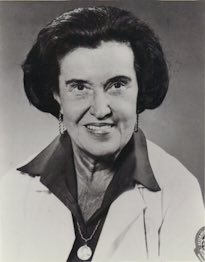
Rosalyn S. Yalow
First American woman trained in the U.S. to win the Nobel Prize for Medicine. Known for pioneering the use of radioisotopes to analyze physiological systems, Yalow made possible very detailed analysis of blood chemistry, saving lives and allowing for proper doses of medication.
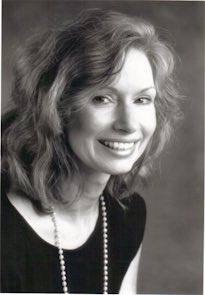
Gloria Yerkovich
Founder of CHILDFIND, a nationwide organization which helps locate missing children. Yerkovich developed the program after her own daughter was abducted. Her concept was the prototype for the National Center for Missing and Exploited Children.
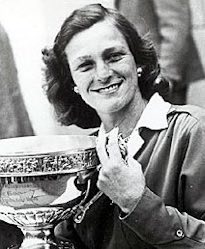
Mildred "Babe" Didrikson Zaharias
One of the century’s premier athletes. Zaharias won track and field gold medals at the 1932 Olympics. She later became a golf champion and founded the Ladies Professional Golf Association. Zaharias inspired generations of women to develop athletic skills.

Rosalyn S. Yalow
First American woman trained in the U.S. to win the Nobel Prize for Medicine. Known for pioneering the use of radioisotopes to analyze physiological systems, Yalow made possible very detailed analysis of blood chemistry, saving lives and allowing for proper doses of medication.

Gloria Yerkovich
Founder of CHILDFIND, a nationwide organization which helps locate missing children. Yerkovich developed the program after her own daughter was abducted. Her concept was the prototype for the National Center for Missing and Exploited Children.

Mildred "Babe" Didrikson Zaharias
One of the century’s premier athletes. Zaharias won track and field gold medals at the 1932 Olympics. She later became a golf champion and founded the Ladies Professional Golf Association. Zaharias inspired generations of women to develop athletic skills.
